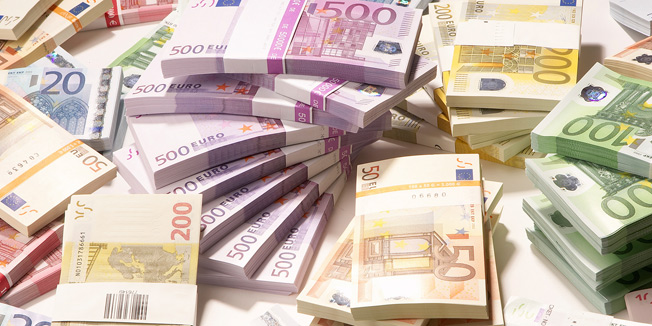The production of heat energy from waste water and electricity from waste sludge-Butila and the formation of a fund for financing the heating of residential buildings of natural persons and collective housing units are two important projects initiated by the Ministry of Communal Economy, Infrastructure, Spatial Planning, Construction and Environmental Protection of Sarajevo Canton with the EBRD.
When it comes to the first project, heat pumps will be installed at the Butila plant that will use waste water for the production of thermal energy, which will be used in the Toplana system as a replacement energy source for the imported energy source – gas.
The project will be implemented according to the recommendations from the feasibility study that was prepared for this purpose. As part of this project, the sludge disposal system at the Butila treatment plant, which is currently a problem, will be additionally analyzed, it was stated.
“On behalf of the Ministry and the Government of the CS, I express my gratitude to the EBRD because, together with us, they will begin the implementation of two very important projects that mean betterment for all citizens of the Sarajevo Canton, primarily those who are connected to the central heating system. It is a new heating system for part of the residential buildings in the Toplana Sarajevo system, with which the Canton of Sarajevo will move towards energy independence by gradually switching off natural gas as an imported energy source, which until now was required in the operation system of the Toplana Sarajevo. Now we have a situation where many of our fellow citizens want to disconnect from the central heating system due to high bills, and this method achieves a double effect. The first is a reduction in the use of gas as an imported energy source, and the second is a cheaper way of heating water, which will reduce the costs of delivering thermal energy. According to the study, with this system, Toplane Sarajevo would reduce the use of natural gas by 20 million standard cubic meters of gas, and they would use water from the Butila purifier for the system of heat pumps that will be installed,” explained minister Almir Bečarević.
The value of this project is 50 million euros, of which 15 million euros would be grant funds provided through WBIF, which will be the subject of an application submitted through the EBRD.
The production of electricity from waste sludge will also be realized at the Butila plant, which will constitute an independent energy hub of first-class importance for the Canton of Sarajevo.
The second project in cooperation with the EBRD implies the intensification of the heating of residential buildings of natural persons and collective housing units.
“The goal is to use a model that already exists in Europe, from energy savings and with a small surcharge, to self-finance the installation of thermal facades on the buildings of physical persons and collective housing units. This would be a revolving fund, with a longer term of repayment, up to 20 years, and in that period, through own savings on the use of any type of energy, it would be possible to finance facades for all interested parties. The goal is to reduce energy consumption in this way as well, regardless of what type of energy we are talking about,” emphasized the minister.
Manuela Naessl, director of the EBRD in BiH, added that the purpose of forming the fund is to increase energy efficiency in the housing sector, as well as to increase air quality, given that it is known that individual buildings that use fossil fuels for heating are the biggest sources of air pollution during the heating season.
“One of the characteristics of the fund that we want to jointly develop and that we are talking about today is the maturity, as well as the conditions of the loans that will be granted to the owners of residential buildings, which should enable the servicing, i.e. loan repayment, to be done from savings for heating bills,” she stated.

















